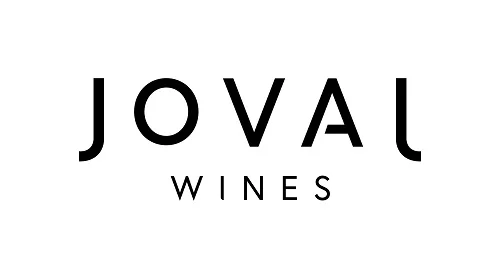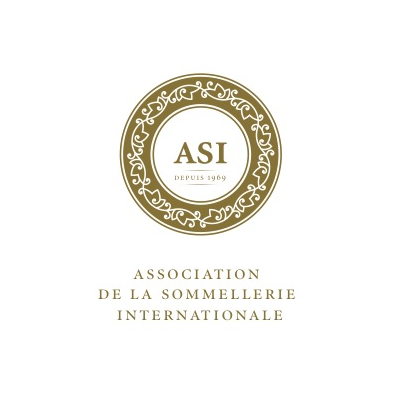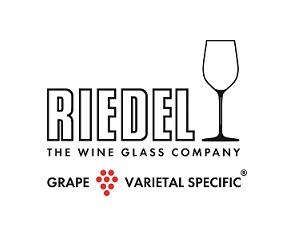For Part 1 of this Positive Business piece Sommeliers Australia’s D&I Working Group spoke to Vue de monde’s Carlos Santos Simoes MS about how the business came to employ Italian wheelchair sommelier, Mirko Pastorelli… and how the situation created positive outcomes for both parties.
In Part 2 Mirko Pastorelli shares his positive employment experience at Melbourne’s Vue de monde and how employers can change their thinking to better accommodate those with disabilities – employees and customers.
Part 2 – The Employee
What challenges have you had around employment in getting interviews, securing job offers, being supported in your work environment?
Not a lot of hospitality will consider employing staff with a disability or in a wheelchair. But they don’t think about the role as a whole: service, tasting, food and wine pairing but also managerial skills. Without experience it was very difficult to get started, but not being given an opportunity meant I had no experience. [Prior to interviewing with Vue de monde] I had one interview in Australia via zoom but it went no further due to the lack of experience.
Do you have an example of an employer who got it right for you?
Vue du Monde – through an introduction from a visiting sommelier that put me in contact with Carlos. Both the restaurant manager and sommelier team. They all made me feel welcome and part of the team.
Can you share a positive experience with a colleague who treated you with respect?
Vue du monde – the team and the opportunity – I was offered a five day internship and this extended to six months, however two weeks into this the pandemic changed everything and I was stuck in Australia without employment.
Can you share an experience a colleague showed lack if inclusivity or compassion?
When respect is given and my feelings are considered this is positive. To tell me in private if I get something wrong is positive, for me and for others treated this way. To do this in public in front of others is not positive for anyone.
Do you see a difference between Italy and Australia in support for employees with a disability?
Yes – there are not opportunities in Italy or Europe for a sommelier in a wheelchair, and less for those with other disabilities. Other parts of the industry seem less critical and judgemental in general, compared to restaurants. The focus is on appearance in addition, it’s about your hair, your tattoos and what you wear. But it should be about what you do and how you do it, about how you express yourself and your professionalism.
What message would you give to employers?
Don’t be afraid of change. Consider physically changing your restaurant setting where you can to enable wheelchair access – for employees and also customers! Allow me the opportunity to share my passion and my stories. This will let me connect to customers and from there the customer can have a memorable experience. The perception of disability needs to change. Social media is doing this but employers need to do more.
More about Mirko Pastorelli:
“Mirko Pastorelli was born with spastic paraplegia. Since the age of 14 he has been in a wheelchair. But this hasnʼt deterred the 27-year-old from pursuing his chosen profession working in wine – despite the fact that most of the restaurants in Emilia Romagna, where he lives, are wheelchair unfriendly.
Determined to change the attitude towards disability in hospitality, Pastorelli has made contacts across the world, from high-profile New York wheelchair sommelier Yannick Benjamin to influential London wine writer Jancis Robinson.
At the beginning of 2020, Pastorelli was offered a stint at leading Melbourne restaurant Vue de Monde. He arrived here on a working visa at the beginning of March – and then the country went into lockdown.”
Except taken from Max Allen’s story “Young sommelier inspired by lockdown” published in the Australian Financial Review, 28 December 2020.







